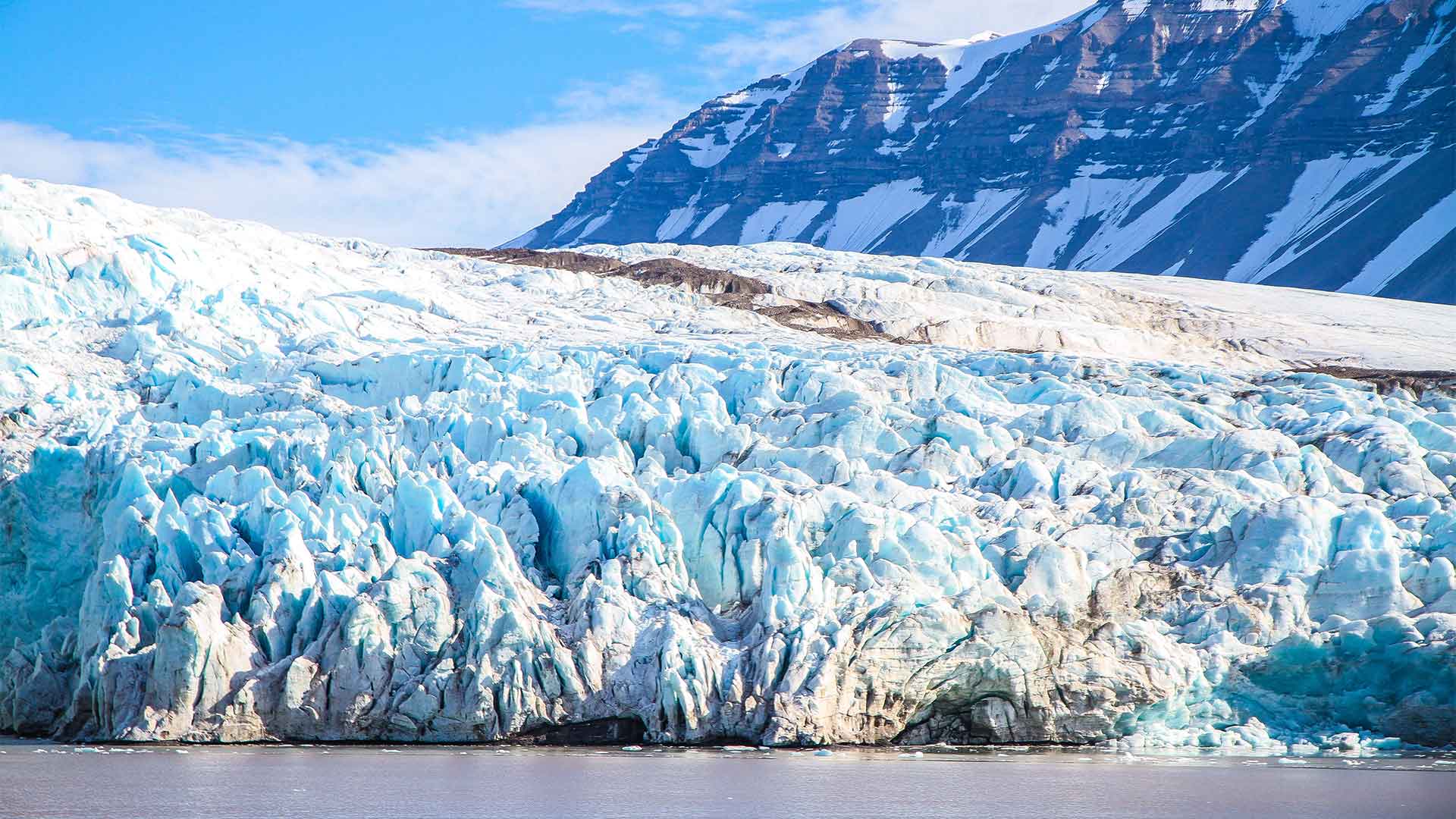


Flooding is getting worse in coastal communities all over the world. “100-year storms” and deluge rains are happening every couple of years.
-
Sea level rise has passed a tipping point, is accelerating, and can no longer be stopped.
-
It is now estimated to be 1-2 feet higher by 2050 and as much as 8 feet higher by the end of the century.
-
During hurricanes and severe storms, even a few inches of higher sea level can cause flood water to breach seawalls and cause major damage to infrastructure.
-
Coastal communities will be in jeopardy with billions of dollars of assets going underwater, literally and financially.
Our Mission
Our mission is to provide global leadership for understanding and adapting to the challenges of rising sea level.
Our Purpose
Our purpose is to:
-
Explain the science behind sea level rise to people around the globe
-
Provide sea level rise education across multiple professional disciplines
-
Advance public and private sector policies to better adapt to rising seas.
What We Do
-
Work with professional societies and standard setting authorities on flooding projections to incorporate a “margin of safety” over the range of full-risk scenarios for SLR over the design life of the structure.
-
Teach the new understanding of potential glacial collapse and sea level rise to architects, engineers, investors, property owners, attorneys, etc. in order to adapt while there is time to change their practices.
-
Get building codes and land use planning changed in advance of SLR. Any buildings or infrastructure being designed or built “today” with a design life greater than thirty years, should anticipate SLR in order to fulfill its useful life and satisfy its financing.